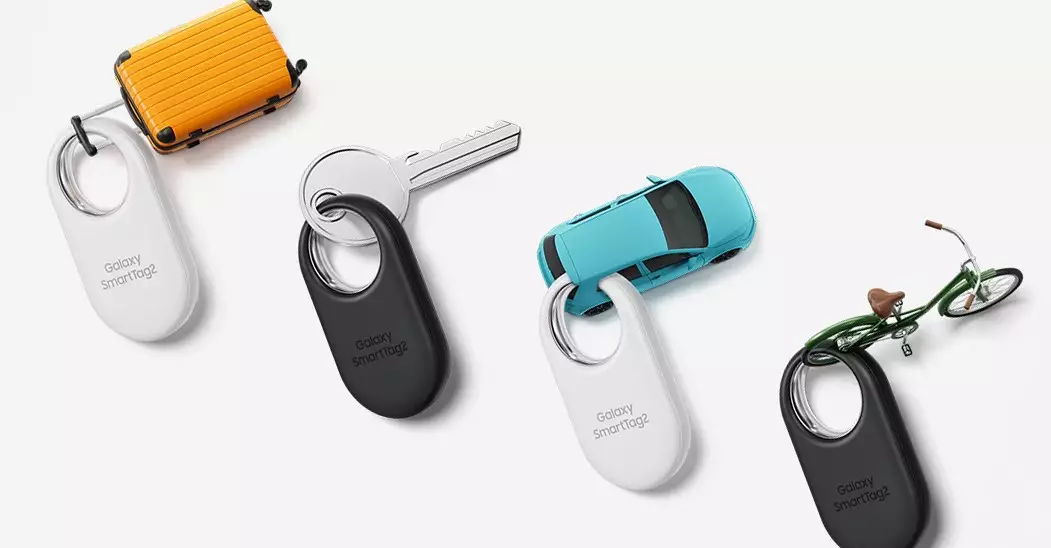In recent years, the landscape of personal item tracking has undergone a significant transformation, with companies like Apple and Samsung leading the charge. Apple’s AirTags and Samsung’s SmartTags have become household terms synonymous with item-finding technology. These devices allow users to locate their belongings easily using precise location tools and smart features embedded in their respective ecosystems. However, despite their undeniable utility, these trackers come with limitations, notably their dependence on specific devices. Samsung’s innovations, while powerful, have traditionally been confined to its Galaxy lineup—until now.
Enter uTag, a groundbreaking application developed by Kieron Quinn. This free and open-source tool works as a bridge between Samsung’s SmartTags and non-Samsung Android devices running version 11 or higher. Users can finally access the full functionalities of Samsung’s SmartTags without being tethered to a Galaxy device. The advent of uTag represents a democratization of tracking technology, allowing a broader range of Android users to benefit from advanced tagging features previously exclusive to a niche market.
While Samsung’s SmartThings app does offer a solid array of features for managing smart home devices, it places rigid restrictions on its tracking functionalities, allowing users to access advanced features only via Galaxy devices. This includes the SmartThings Find feature, which utilizes a mapping interface to pinpoint the location of SmartTags. In contrast, uTag redefines this experience for Android users by replicating most of SmartThings’ functionalities—supercharging the experience.
What makes uTag exceptionally appealing is its capability to automatically scan for unknown tags—a feature SmartThings limits to manual initiation. This constant vigilance allows users to be promptly notified when unidentified tags are within range, significantly enhancing its practical usability. Coupled with features like location sharing, triggering ringtones, and accessing location history, it provides a comprehensive solution for those seeking to keep track of their items.
In a world where precision is paramount, the appeal of ultra-wideband (UWB) technology cannot be overstated. uTag positions itself as the first tracking application for non-Samsung devices to support precise tracking through UWB technology. This capability enhances the performance and reliability of locating items compared to traditional Bluetooth-based solutions offered by other applications, including Google’s Find My Device. This distinct advantage cements uTag as a formidable alternative for non-Galaxy Android users who desire accuracy and efficiency in their tracking endeavors.
Open Source and User Empowerment
One of the most compelling aspects of uTag is its open-source nature. By allowing users to delve into the inner workings of the application, it fosters a sense of transparency and trust—a refreshing quality in today’s app landscape where data privacy is often a concern. Users can scrutinize exactly how their data is being handled, a crucial factor given the sensitive nature of location tracking.
However, while this approach provides a degree of security, it’s essential for users to remain cautious when granting permissions to any app, including third-party modified versions of established software like SmartThings. Transparency does not eliminate risk, but it allows informed decisions to be made.
The introduction of uTag marks a pivotal moment in the realm of personal tracking technology. By bridging the gap between Samsung SmartTags and non-Galaxy Android users, it paves the way for an inclusive experience in managing personal belongings. As item tracking continues to evolve, uTag sets a remarkable precedent for open-source solutions that not only democratize technology but also empower users with the tools they need to stay connected and organized.
In a world where technology should enhance our everyday lives, the innovation of applications like uTag is a testament to the potential that exists beyond manufacturer limitations, ultimately enriching the digital landscape for everyone.

